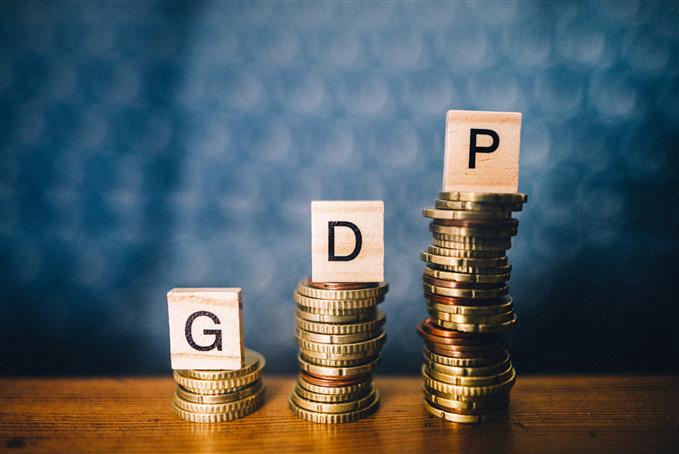Kuala Lumpur, 23 November 2020 – Malaysia’s gross domestic product (GDP) is expected to bounce back into positive territory of four to five percent in the fourth quarter of 2020 (Q4 2020) after green shoots and broad-based recovery is seen in all sectors, especially in the manufacturing sector.
Inter-Pacific Asset Management Sdn Bhd chief executive officer Datuk Dr Nazri Khan said judging from Q3 2020’s GDP performance of -2.7 percent — a softer contraction compared to most economists’ expectations following the -17.1 percent in Q2 2020, Malaysia is on track to achieve its 2020 full-year target of -3.5 to -5.5 percent.
“Although we do not know what will happen next with regards to the COVID-19 pandemic, there are signs showing that the negative effect of the pandemic is not as bad as expected, following the recovery of productivity amidst the reinstatement of the Conditional Movement Control Order (CMCO) since mid-October this year.
“Therefore, we project the 2020 full-year GDP to reach -4 per cent, in line with the -3.5 to -5.5 per cent forecast by the Bank Negara Malaysia,” he told Bernama.
As for 2021, Nazri targeted the annual GDP growth to recover to 6.5 per cent, mainly supported by the RM322.5 billion Budget 2021 which includes a record high development expenditure allocation of RM69.0 billion.
“Budget 2021 gives great emphasis on projects with high-multiplier impact, such as the revival of the Mass Rapid Transit 3 (MRT3) and Pan Borneo Highway projects, which is expected to give positive impact from as early as Q1 2021,” he said.
Apart from that, Nazri noted that the improvement in the unemployment rate — which declined to 4.6 per cent in September 2020 from its peak of 5.3 per cent in May 2020 — would also help accelerate the country’s economic growth.
“To me, the labour market is the pillar to boost domestic demand, and the government should focus on the employment condition in our country to ensure sustainable economic growth, moving forward,” he said.
He was optimistic that the unemployment rate in Malaysia would be reduced to the pre-COVID-19 level of three per cent over the next two years following the expected rollout of the COVID-19 vaccine next year, along with the RM305 billion worth of stimulus packages aimed at mitigating the pandemic’s negative impact.
On the moratorium initiative, Nazri noted that the government had implemented enough measures under the stimulus packages to ensure that the people would have a slight increase in disposable incomes.
“In my view, reimposing a blanket moratorium is the best option as it is good for the consumers and will give a broader impact to most of the sectors such as automotive and properties, but banks will suffer.
“I believe what the government has done is more than enough, as initiatives like the cash handouts for B40 and M40, withdrawal of the Employees Provident Fund via i-Lestari programme, and tax-related measures for businesses are sufficient to lead to slightly higher disposable income for the people,” he added.
Nazri is currently the chief executive officer of Berjaya Interpacific Asset Management and fund manager for Unit Trust Dana Safi, which ranks number one in terms of returns in the Syariah Unit Trust Categories from January 2020 to November 2020, according to Lippers, Morning Star and Fund Supermart.
-BERNAMA
